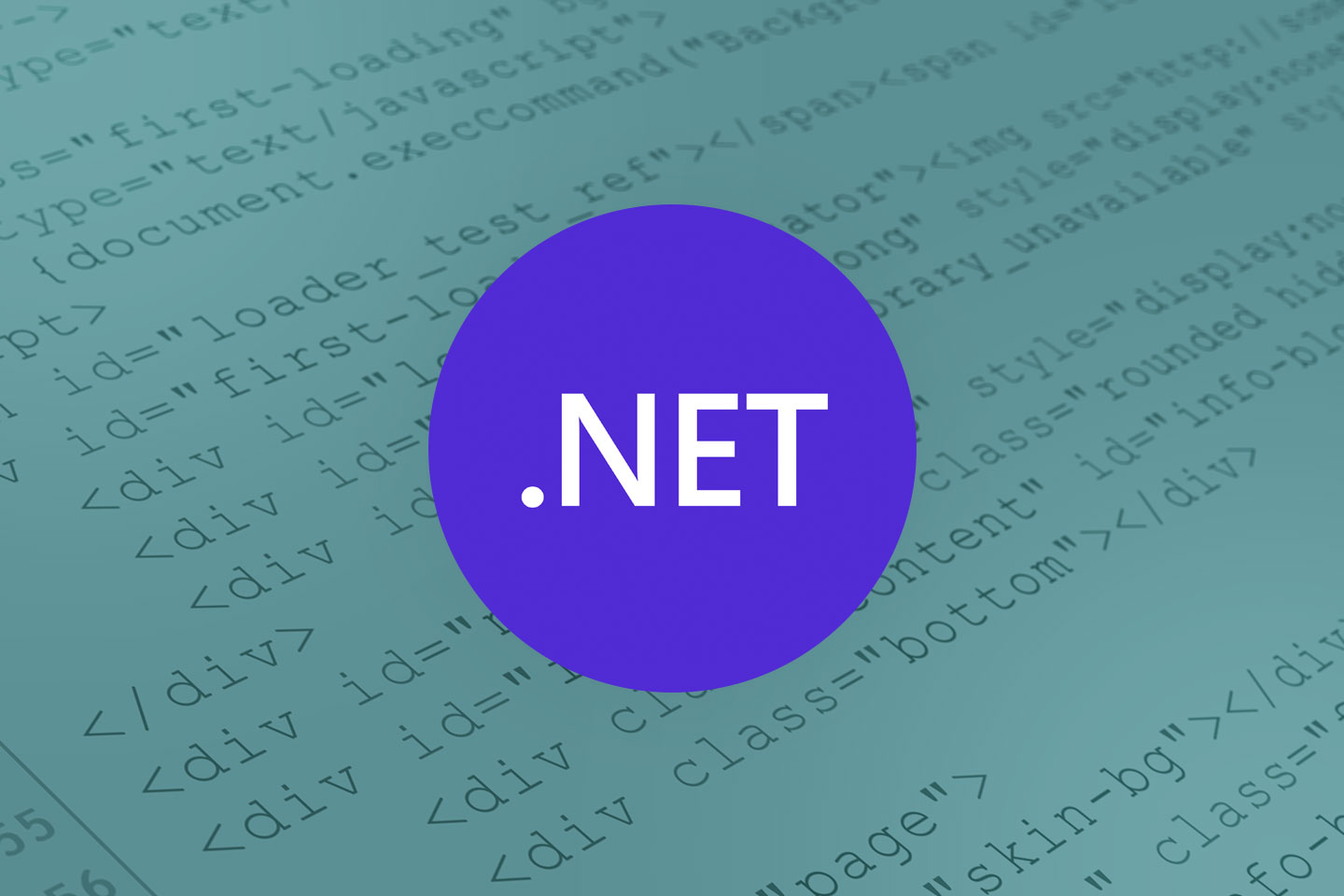.NET Core: The Future of Fast, Flexible, Cross-Platform Application Development

Many application development teams are switching to .NET Core libraries from .NET Framework for the many benefits they offer for building and maintaining applications and APIs. .NET Core was initially released in 2016, and since then Microsoft has demonstrated their commitment to the platform as the future of .NET by releasing several architecture improvements, broadening the scope of the .NET Standard shared set of libraries, and sharing ambitious plans for the future development of the platform.
At Accusoft, we recognize how our in-house developers have benefitted from .NET Core, and how our customers and partners will too. We just launched the next iteration of Barcode Xpress, now supports .NET Core. Our developers are already reaping some of the benefits of the development environment, and they can’t wait to apply lessons learned to other product development as well.
Let’s explore some of the advantages of .NET Core, which your developer colleagues would appreciate if they aren’t already working in the environment.
1. Core Is the Future of .NET
While Microsoft has promised to continue providing security patches for .NET Framework for the time being, they have also focused on .NET Core as the future of the .NET Platform. .NET Framework 4.8 will be the last major version of the Framework platform and all new APIs will be developed against and for .NET Core.
2. Run-Time and Performance Improvements
Whether your application users are internal employees or external partners and customers, runtime speed and performance concerns are always critical to adoption. Since Core is the future of the .NET platform, all future performance improvements will be implemented there and most will not be present in .NET Framework. .NET Core enables APIs and applications to serve up application interfaces and data faster, regardless of the mobile, IoT, or desktop device which is interacting with it.
3. Coding on Preferred Devices, Hosting on Preferred Platforms
IT departments are starting to recognize the benefits of allowing developers and other employees to use PCs, Macs, or Linux laptops or desktop devices. .NET Core empowers application developers and users to use their computer of choice for development so that they can work in whatever operating system environment they are most productive in.
.NET Core applications can then be deployed to hosting applications on Docker containers and a variety of web servers like Apache, IIS, and Nginx without limitations based on what development environment was used to create the product. This makes .NET Core a great fit for teams developing or refactoring apps with microservices.
4. Ease of Maintaining .NET Core APIs
API’s developed with .NET Standard, the common set of components and interfaces shared by .NET Standard and .NET Core, easier to maintain and update than from .NET Framework since the standard abstracts away environment specifics with cross-platform functionality. They are ideal for device-agnostic cloud-based applications. APIs developed in this way require less actual coding to work on multiple platforms and support side-by-side versioning, which helps to identify dependencies and make application upgrades easier.
5. Improved Security for Web Applications
.NET Core offers several features to enhance security protection against SQL Injection attacks, Cross-Site Scripting, and Cross-Site Forgery Attacks. Since these attack vectors are common for open-source applications, enhanced security features are a welcome enhancement to organizations like healthcare and financial institutions and any business that is working with secure data and documents.
Microsoft recently confirmed that .NET Core is the future of .NET as far as investment and development focus is concerned. Businesses can continue to use .NET Framework for proprietary, completed APIs, though Version 4.8 will be the last release.
For new development initiatives, open-source, and platform-agnostic development projects though, .NET Core is the best way forward for Accusoft and other API development firms. Have you been working with .NET Core to build or maintain APIs? We look forward to learning about your experiences, and sharing ours as we build out our API portfolio on .NET libraries now that we have wins and lessons learned to build on with Barcode Xpress.